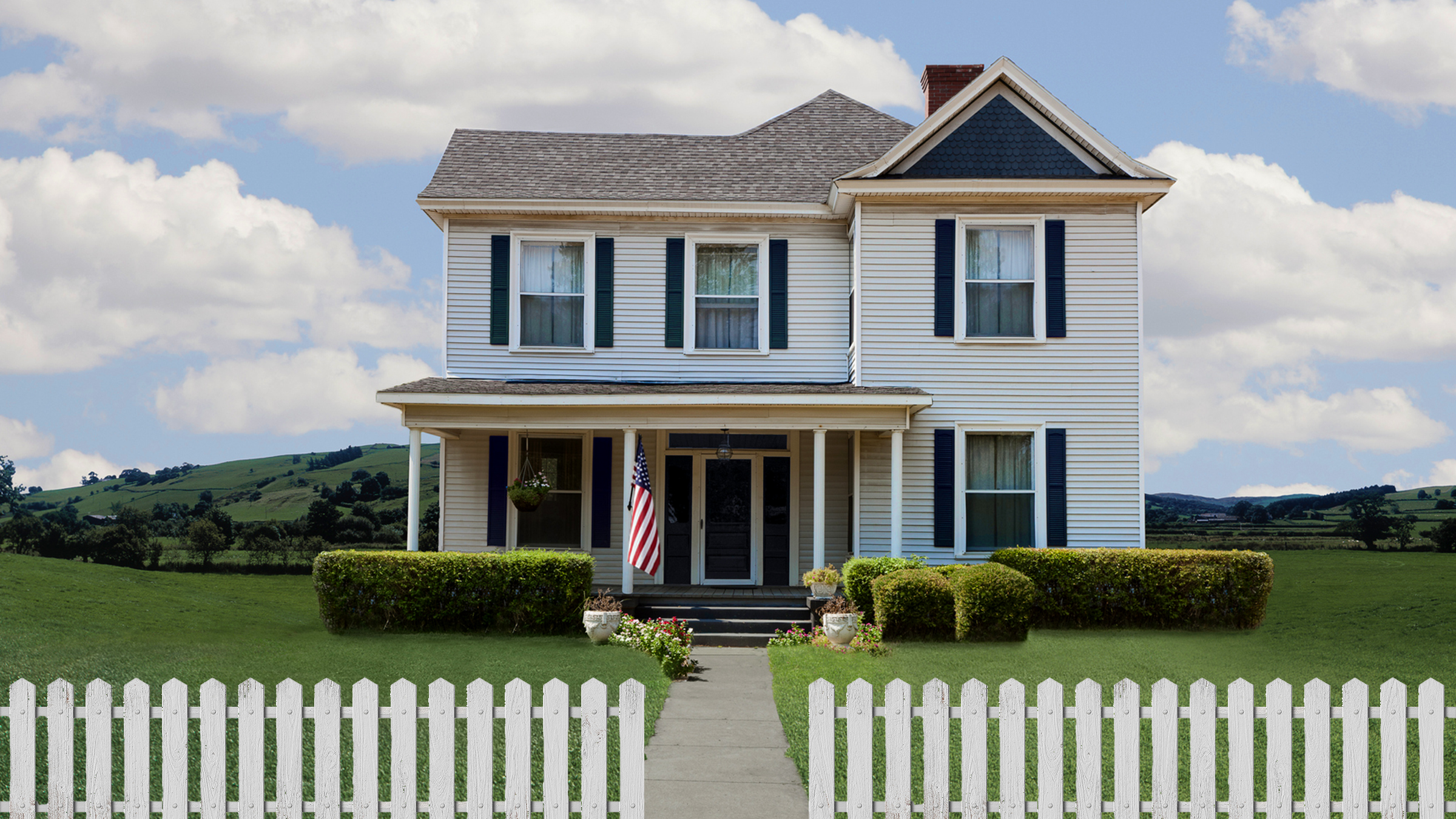ARGUING YES
Pulitzer Prize winner; Senior Writer for The New York Times and The Morning newsletter; Author of “Ours Was the Shining Future: The Story of the American Dream”
ARGUING NO
Director of Economic Policy Studies at American Enterprise Institute; Author of “The American Dream Is Not Dead: (But Populism Could Kill It)”
GUEST MODERATOR
Journalist at New York Magazine and Vox
Here is what we have in store this week:
- We debate whether the American Dream still alive
- A closer look at the share of families achieving the American Dream
- Your Sunday reading list
A well-paying job, homeownership, providing for family, and the means to save money and afford retirement — that’s what most people think of when they hear “the American Dream”. It’s the ethos of prior generations, especially of those who immigrated to this country, with hopes their children can live up to the ideal.
These days, younger Americans, immigrants, and some policymakers are saying that the American Dream is a fairytale. They argue:
- Cost of Living: Healthcare, prices of starter homes, and college tuition are more expensive. Wages have increased, but they haven’t caught up with inflation.
- The Wealth Gap: The disparity between the rich and the poor has increased. The more money one has, the more likely one can afford to achieve these “goals,” which can be challenging for minority populations.
- The “New” American Dream: The freedom to make life decisions, financial success, close personal relationships, and overall happiness are prioritized more by younger generations.
But some are pushing back at this pessimism, saying that while there are challenges, there have been improvements in living standards, lower poverty rates, and a better quality of life over the last few decades. America is still an upwardly mobile society, and the Dream is still alive.
Our debate this week is “Is the American Dream in Decline?” Arguing “yes” this episode is David Leonhardt, a Pulitzer Prize-winning journalist who is a senior writer at The New York Times, the writer behind The Morning newsletter, and author of “Ours Was the Shining Future: The Story of the American Dream.” Arguing “no” is Michael Strain, the Director of Economic Policy Studies at the American Enterprise Institute, and author of “The American Dream is Not Dead.” Returning as our guest moderator is New York Magazine and Vox journalist Nayeema Raza.
Have you achieved the American Dream? Listen to this debate now on WNYC and your favorite podcast platform, and as always, let us know what you think.
DEBATING THE DATA
The Current State of the American Dream

POINT/COUNTERPOINT
Is the American Dream in Decline?
YES: David Leonhardt
“If you look at the economic evidence, Americans of nearly every point on the economic distribution enjoyed faster wage gains in the decades before 1980 than they have in the decades since 1980. This isn’t just an inevitable slowdown from the heady days of the 1950s and 1960s. The way it has slowed has meant that income growth has been really weak for most Americans and really strong for a small subset… For the last 15 years, we have had the worst life expectancy of any rich country. It’s not even that close anymore. These are the ways, through healthcare that people can’t afford, through good houses and good schools that people can’t afford, through their dropping out of the labor force… this is the dominant way in which the American Dream is in decline.”
NO: Michael Strain
“If you look at people who are in their 40s today, 75 percent of them have a higher household income than their parents had when their parents were in their 40s. The Food and Drug Administration just approved the first drug to treat Alzheimer’s. If you look at quality of life, including health outcomes, we’re seeing substantial improvements… The idea that, for the American Dream to be in good shape, you have to have uninterrupted progress, you can’t have setbacks, there can’t be groups of Americans that are in bad shape, I think is a standard that’s way too high. Even though so many Americans had such a hard time from 2008 to 2013, even though so many Americans had such a hard time during the pandemic, if you look at the last 15 years, people are much better off today than they were when all that started.”
WEEKLY POINTS OF VIEW
The economy is good. Why do consumers feel so bad?
Beth Akers | January 15, 2024
Utah Policy
Watch Beth’s debate on whether America should forgive student debt
What It Takes to Build Democratic Institutions
Daron Acemoglu | January 16, 2024
Project Syndicate
Watch Daron’s debate on whether artificial intelligence will do more harm than good
One Way the Modern Supreme Court Got So Much Power
Dahlia Lithwick | January 16, 2024
Slate
Watch Dahlia’s debate on whether we should expand the Supreme Court
We Must Go to War Against Deepfakes Now to Keep November Voting Fair
Anders Fogh Rasmussen and Michael Chertoff | January 11, 2024
Newsweek
Watch Michael’s debate on whether Freedom of the Press extends to state secrets





















